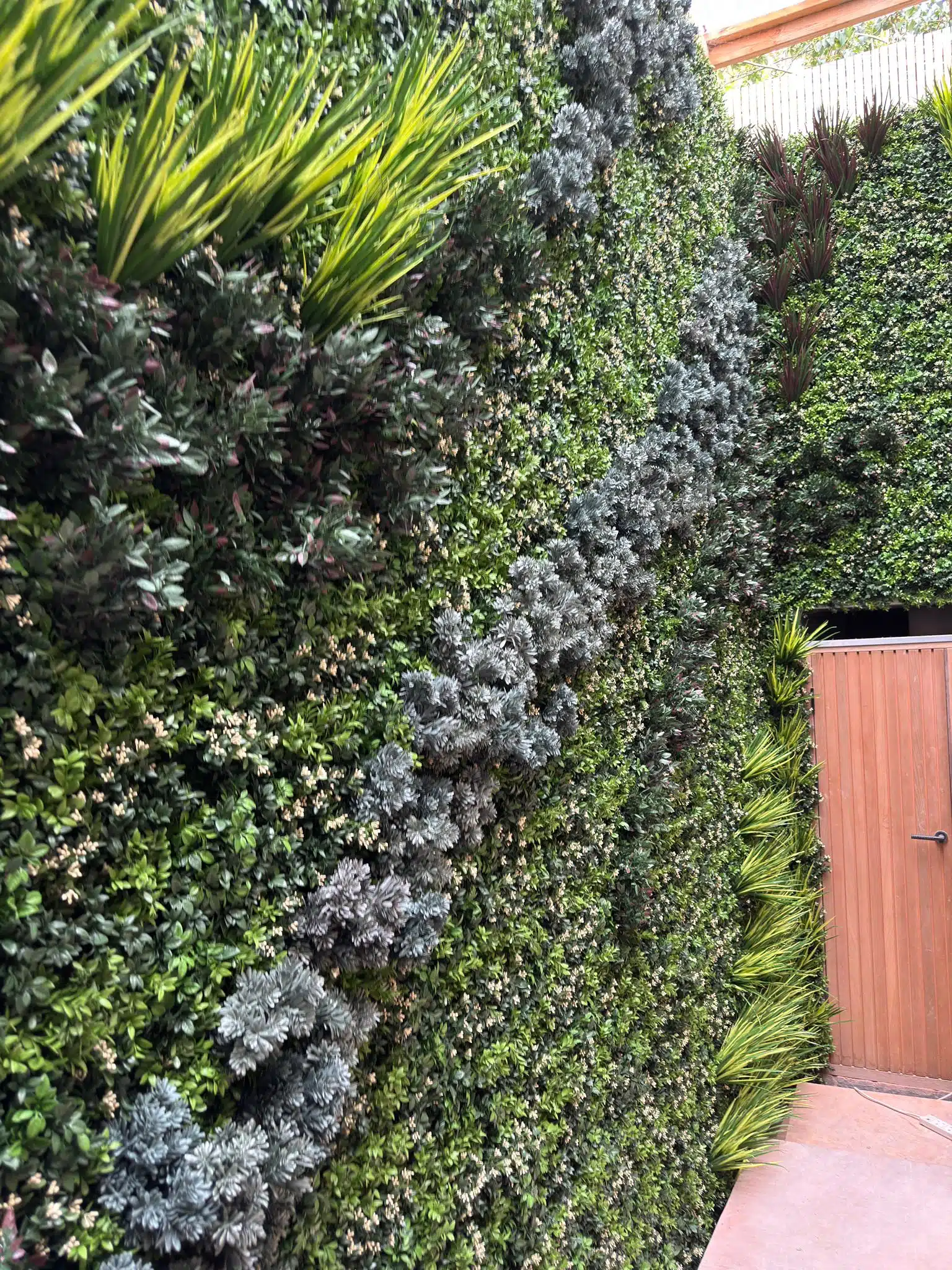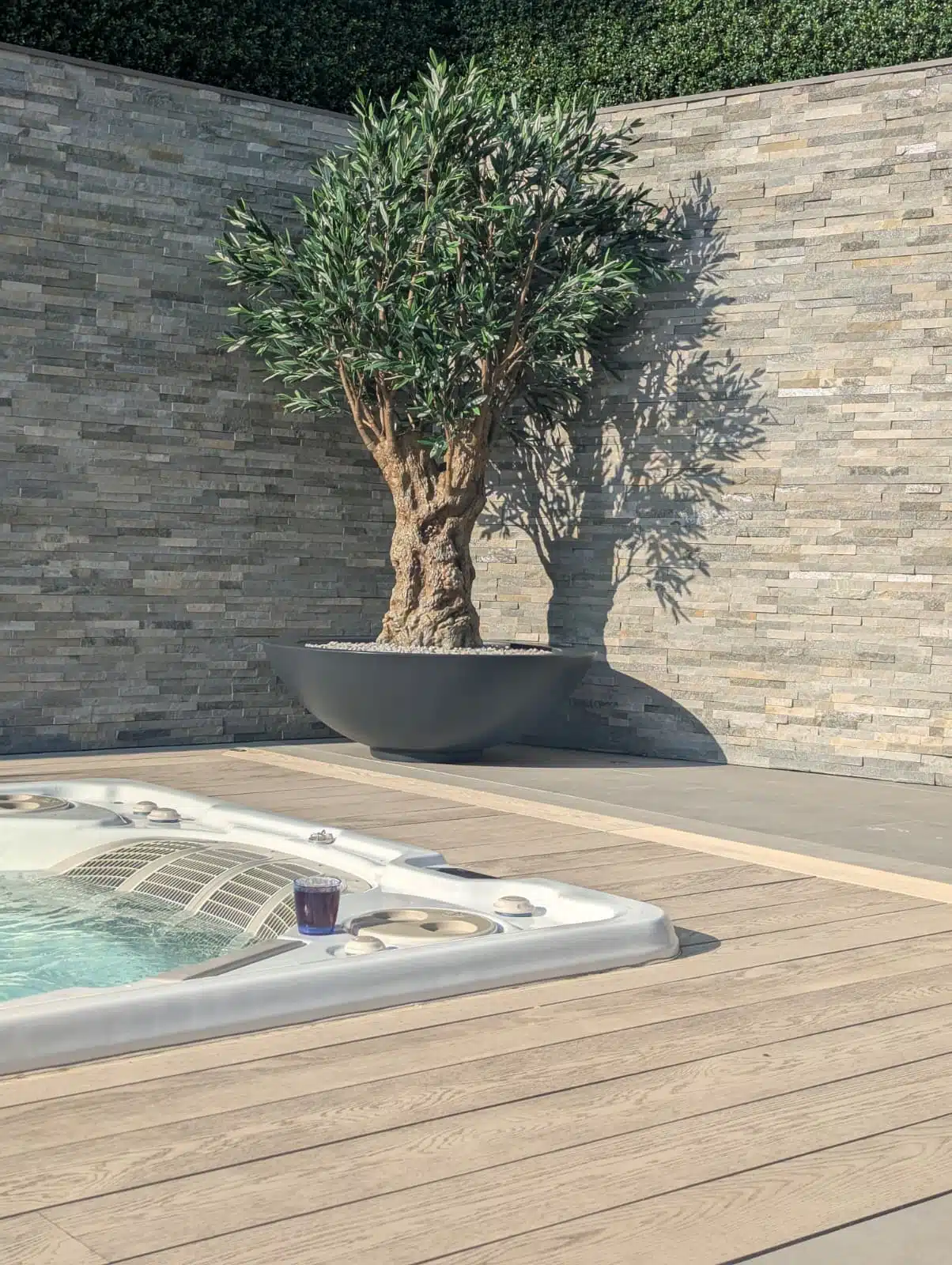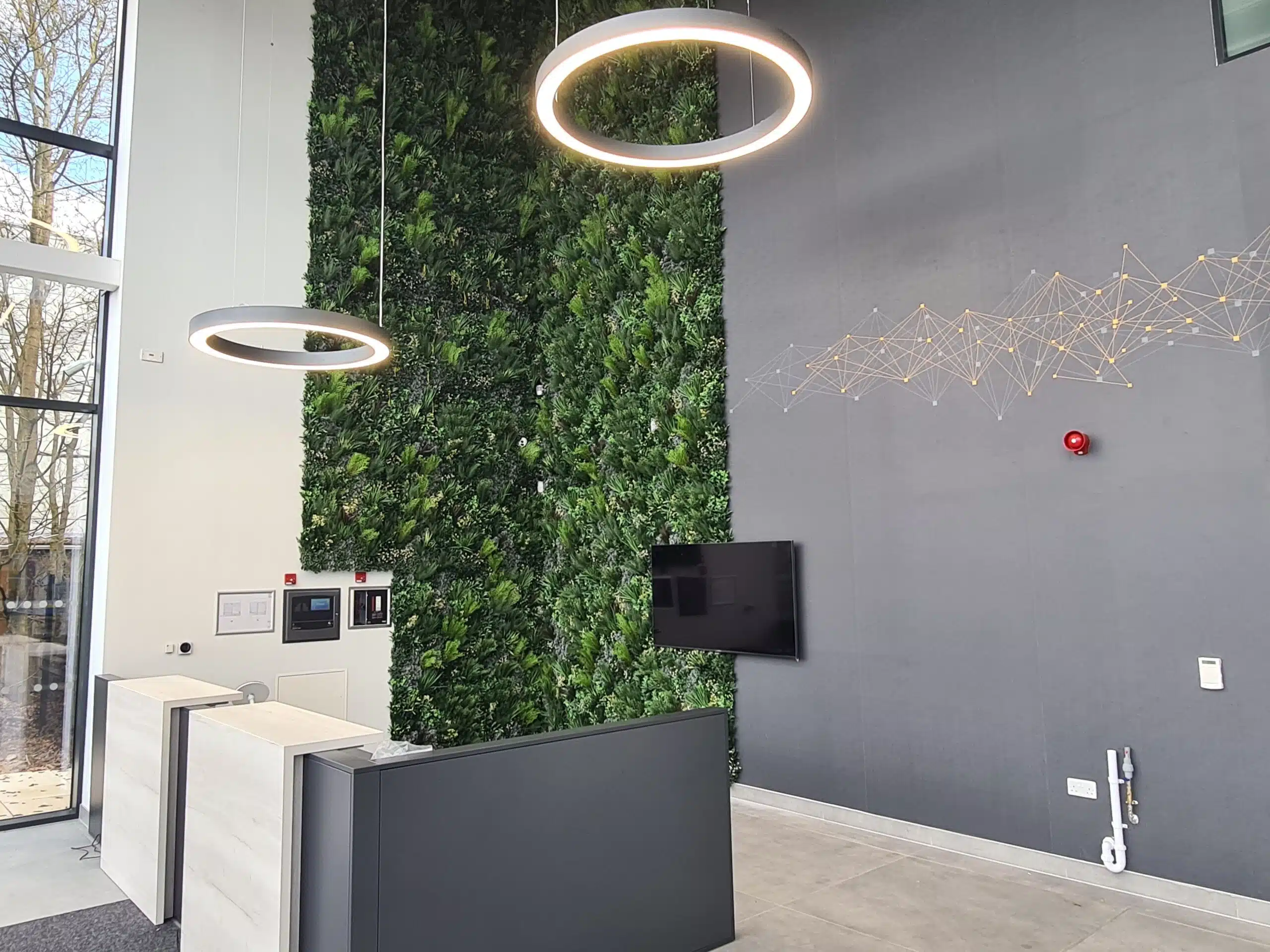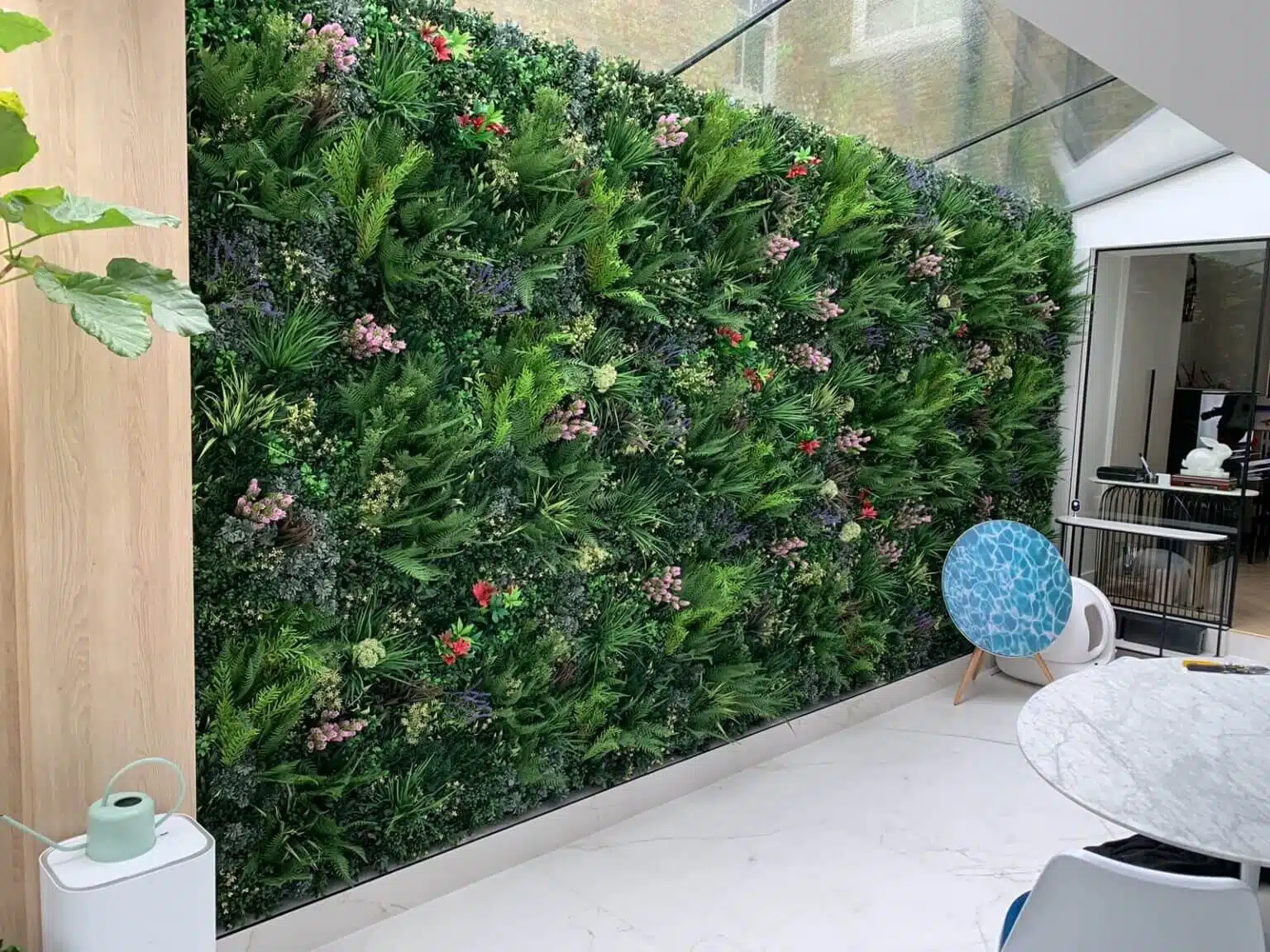The popularity of artificial greenery has soared in recent years, and it’s not hard to understand why. These low-maintenance plants offer a year-round solution for bringing the beauty of nature into any space, minus the demanding care required by live plants. But what does it take to create these lifelike and top-notch artificial plants, and why is it crucial to choose the right materials?
Choosing The Right Materials for Artificial Plants
The process of manufacturing artificial greenery begins with meticulous material selection. High-quality artificial plants are predominantly crafted from plastic due to its durability, realistic texture, and ability to closely replicate the appearance of real plants.
Once the materials are carefully chosen, they undergo shaping using various techniques. Among these techniques, injection moulding stands out as one of the most effective. It involves injecting molten plastic into a mould to achieve the desired shape. This method is particularly adept at creating the stems and leaves of artificial plants, allowing precise control over the shape and size of each component.
Other techniques employed in the manufacturing process include die-cutting, thermoforming, and hand crafting. Die-cutting employs a sharp blade to cut shapes from flat material sheets, while thermoforming involves heating a flat sheet until it becomes pliable and then shaping it using a mould. Hand crafting encompasses traditional approaches such as wire wrapping and flower arranging, often used for producing bespoke artificial plants.
Once the individual components of the artificial plant are created, they are meticulously assembled to form the final product. Stems are affixed to leaves and flowers, and the plant is arranged in a manner that mimics the appearance of a real plant, delivering a genuinely lifelike experience.
Why Silk May Not Be The Best Option
However, it’s crucial to note that opting for “silk” artificial plants is not advisable for several reasons. Many manufacturers label their plants as “silk” even though they are made from rayon, a synthetic fibre derived from cellulose—a highly flammable material that can ignite and spread flames rapidly. Therefore, it is essential to select artificial greenery crafted from fire-retardant materials to prioritise safety.
In addition to safety concerns, silk artificial plants also suffer from poor durability. Their colours quickly fade when exposed to direct and indirect sunlight, resulting in a lacklustre and lifeless appearance within a few weeks.
On the other hand, choosing high-quality artificial greenery made from low-density polyethylene (LDPE) provides a safer and more resilient alternative. Top-notch artificial plants crafted from LDPE are treated with fire-retardant chemicals, preventing them from catching fire and instead dissipating harmlessly. Furthermore, artificial plants made from UV-injected LDPE retain their vibrant colours for many years, even when exposed to direct sunlight.
Choosing the Right Product
When selecting artificial greenery, it is imperative to opt for high-quality products crafted from durable materials and manufactured using effective techniques. At Evergreen Walls, we are dedicated to delivering the highest quality and safest artificial plants and green walls to our valued customers. Our products are meticulously crafted using premium materials and cutting-edge manufacturing techniques.
We offer a diverse range of artificial plants and green walls that cater to various spaces and styles. Whether you desire lush green walls or realistic-looking artificial plants, we have the perfect solution to meet your needs and budget. Contact us today to discover how we can assist you in incorporating artificial greenery into your indoor or outdoor space.

Artificial Moss Walls: Are They the Right Choice for You?

The Ultimate Artificial Olive Tree Indoors and Outdoors Buyer’s Guide

6 Inspirational Indoor Plant Walls Ideas

